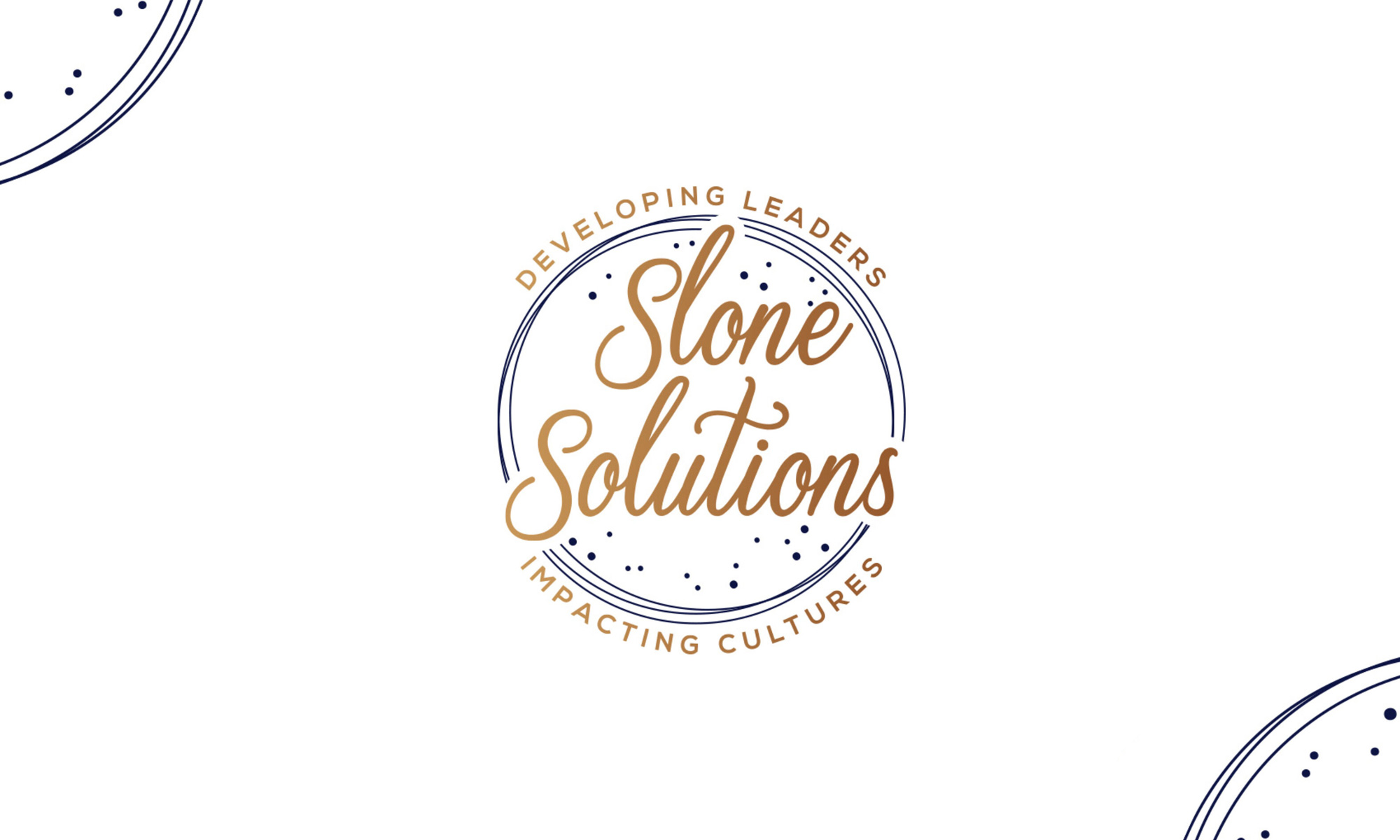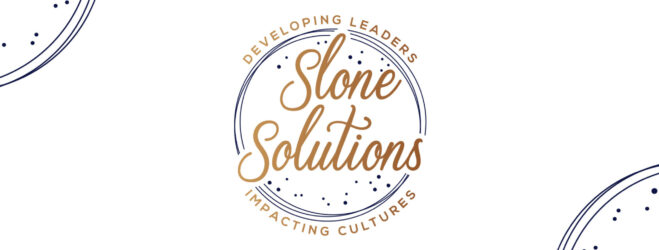 Happy New Year! If you haven’t given up on your New Year’s resolution, bravo! How we fail at accomplishing our resolutions is the topic of every media outlet lately. Listen to the radio, watch the news, scroll through Facebook, and you’ll find a new statistic of what percentage and when we falter from our self-proclamation of personal and/or professional development. Recent studies suggest by mid-February 80% of New Year’s resolutions fail. So why do it? I addressed this in a previous blog; Waiting for the New Year Resolution.
Happy New Year! If you haven’t given up on your New Year’s resolution, bravo! How we fail at accomplishing our resolutions is the topic of every media outlet lately. Listen to the radio, watch the news, scroll through Facebook, and you’ll find a new statistic of what percentage and when we falter from our self-proclamation of personal and/or professional development. Recent studies suggest by mid-February 80% of New Year’s resolutions fail. So why do it? I addressed this in a previous blog; Waiting for the New Year Resolution.
What I find ironic about New Year resolutions, goal planning, and professional development is the judgement we place on ourselves, and the negative dialogue that follows when the objective is altered or abandoned. It can incite a downward spiral of negative self-talk. Self-deprecating thoughts that fill our mind with incessant dialogue that ‘we’re not good enough.’ Thoughts like, “When have you ever?” “Did you really think you could do that?” “Figures.” We rarely, if ever step back and ask, “What did I learn?” Or objectively think, “This isn’t the direction we want to move.”
Whether a goal or a social interaction, we are judging. Every interaction becomes an assessment. We judge the client. The client is judging us. We judge ourselves. It’s building awareness of the thought and how we speak to ourselves within the thought that sparks a response or action.
In her research professor Brene Brown found that when we make a goal or have a positive thought, a negative thought instantly follows. It’s in our nature. We are able to identify the hurdles, obstacles, and speedbumps in our way. The thought often goes something like, “This year, I’ll lose 20 pounds and I’ll start after this weekend.” Then we glance at the calendar and see that Super Bowl or a birthday party is on the calendar and we waiver in our belief for attainment. “That won’t happen, I’ll be eating pizza on Super Bowl. I’ll start later.”
We’re always thinking, analyzing, evaluating, judging. In truth, we can’t turn it off. Our minds are wired to think; right or wrong, yes or no, 60 – 40. This is anything; social interactions, team goals, customer service experiences or the weather. When we hear a song, watch TV, sit in traffic, or eat at a restaurant, we’re thinking to ourselves, “I like this,” “I love this,” “The service seems slow,” or “This is terrible.” We evaluate every interaction. How we analyze is the differentiator.
We are trained and influenced to judge at our youngest at school. My daughter’s first grade math illustrates this. A year ago, while reviewing her homework, I realized the math terms were all about greater than, lesser than, or equal too. It was a huge a-ha moment. Introductions to terms we utilize in our daily life. Evaluation. The self-chatter begins.
During a 2019 networking event, Stacy Nadeau delivered The Confident Mindset: Why Your Internal Script Matters. She said, “We wouldn’t talk to our friends or worst enemies the way we talk to ourselves.” The self-judgment and berating can be relentless, ongoing, and unproductive.
With all this negative thinking, how do we achieve our goals, company initiatives and New Year resolutions? How do we build awareness of our thoughts and increase mindfulness to keep them present? Even more, how do we commit and make the goal a priority?
Suggestions to retain and attain the New Year resolution.
- Reflect – Be present and aware of your thoughts. Listen to how you speak to yourself. How did you talk to yourself today? Were they kind words? Encouraging? If you’re berating yourself, stop. Reflect on WHY the goal is important. Ask what obstacles might prevent achievement. Reflection helps to build awareness of the patterns we have. Once we know the pattern or identify the consistent doubting thought, we can schedule diversions to support our resolve.
- Create Reminders – Set alarms on your phone or throughout your calendar. Create reminders with a quote or photo. Adding a question to an alarm can center you and bring your thoughts to the present. It could be a simple alarm on your phone that reads; “Commit to the New Year resolution” or “Have you taken action on your resolution today?” Keep a visual reminder in a spot that will constantly keep you focused on what the end goal looks like; a trip, an outfit, a house, etc.
- Measure Effectiveness – What’s the benchmark? The lowest you will go? The end result? What does it look like? Feel like? Having a benchmark tells you where to start.
- Build Accountability – Work with a coach, friend, or colleague to support you. Be upfront as to how you need to be coached for accountability. It it a text? A phone call? How frequently will you need follow up?
Know this. If we decree any resolution, initiative, or goal, it means we want to better ourselves, our teams, or our company culture. The intent is to be more than we are. Greater than, not less than, not equal to. Think kind thoughts to yourself. Your thoughts are things. And what you consistently think, you become. If you continuously think about your goals and resolutions, you will achieve them. Be the 20% that the media doesn’t talk about.

